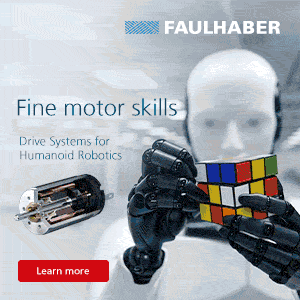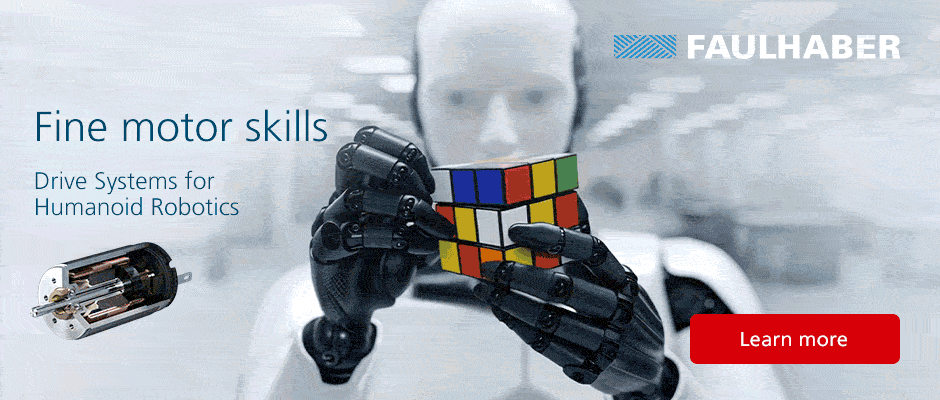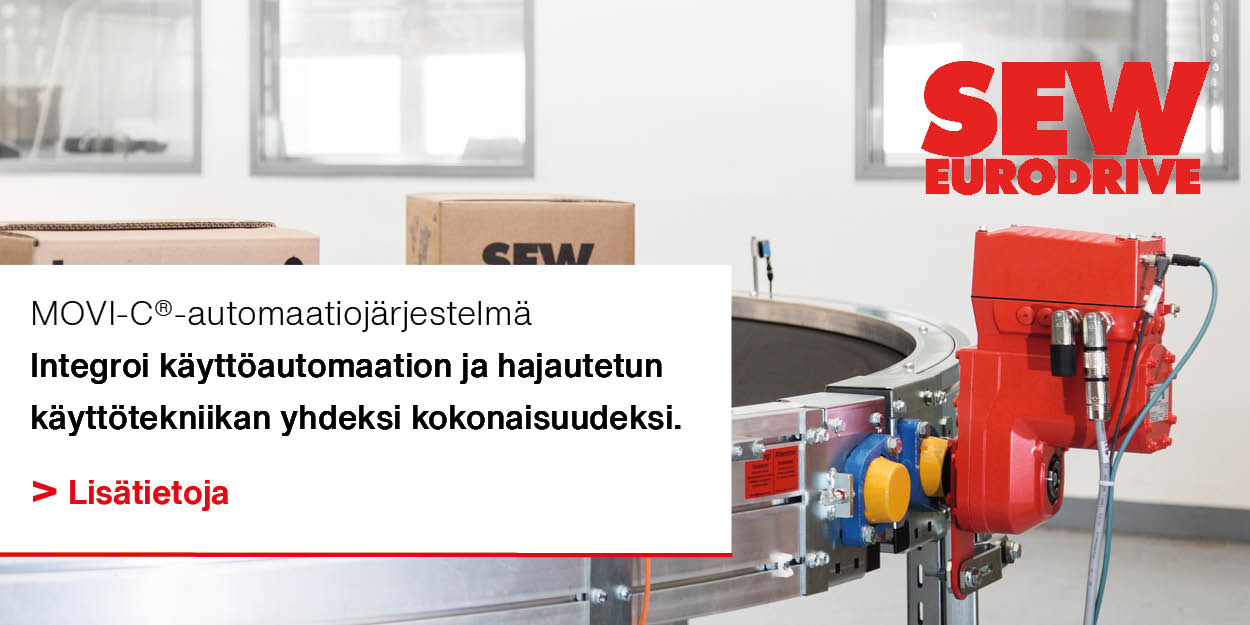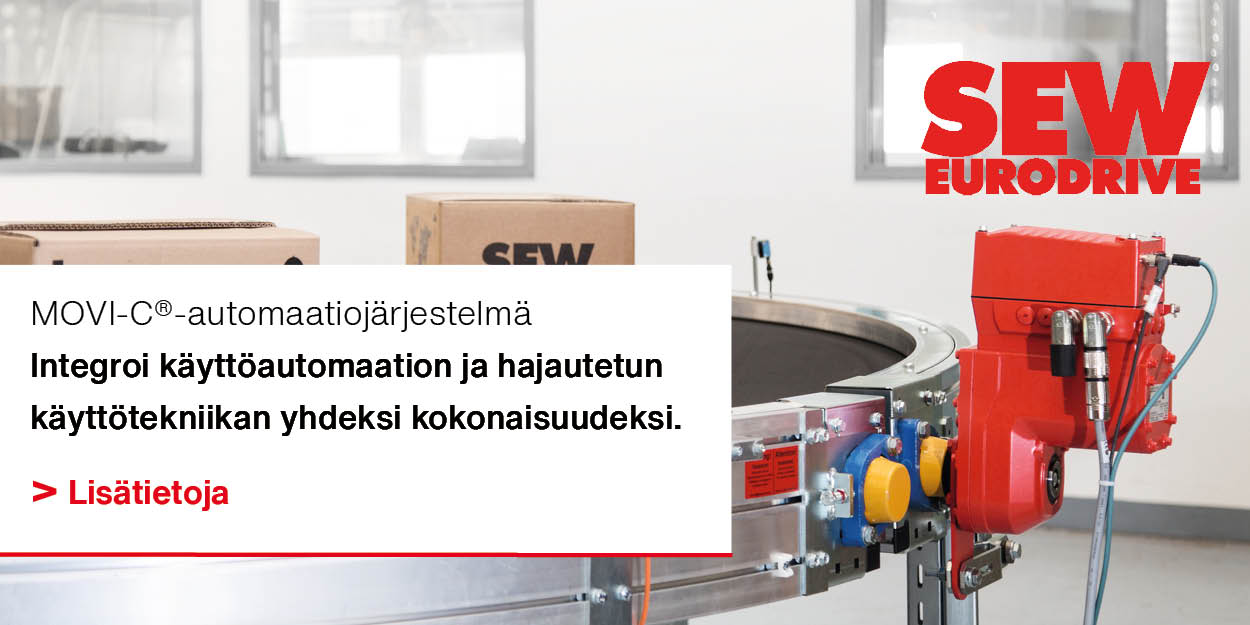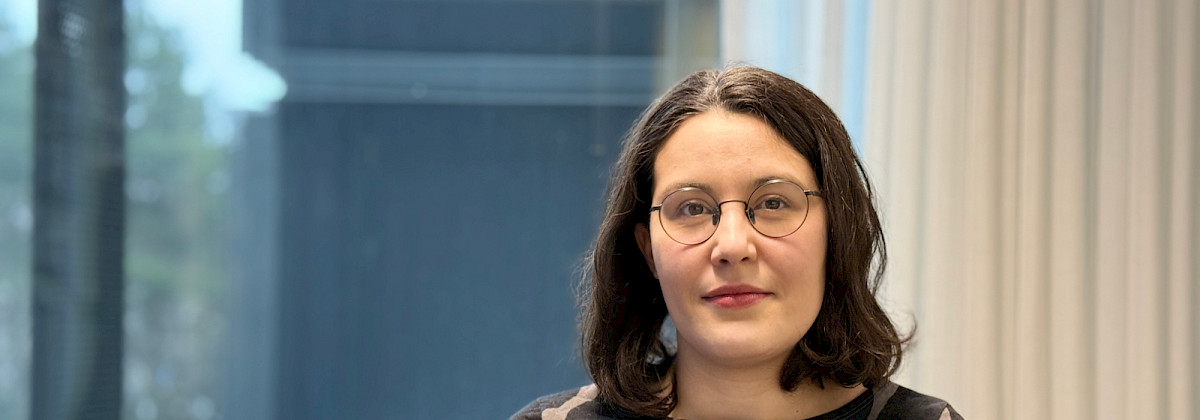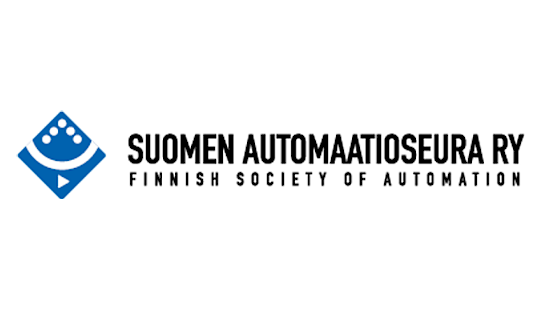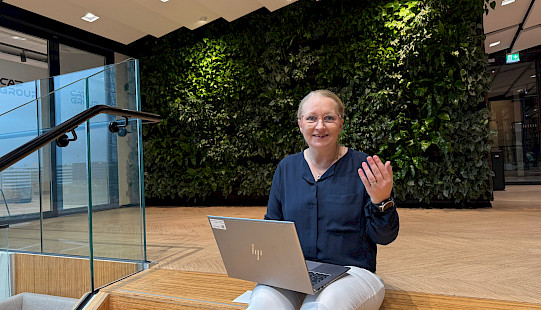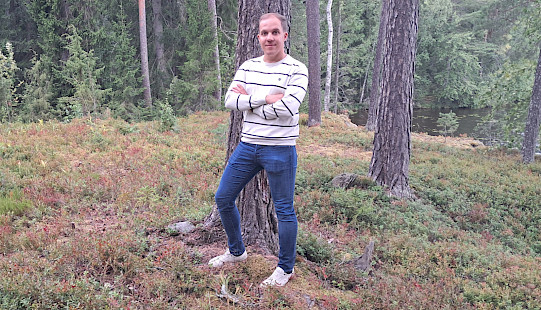Nuori tekijä Laura Gonçalves Ribeiro
Laura Gonçalves Ribeiro is a research scientist working at VTT in Finland. She was drawn to technology early on. She was also interested in psychology, literature, and storytelling. However, she ultimately chose the technology path.
- Teksti + Kuva:
- Otto Aalto / Päätoimittaja
- Julkaistu:
Laura started her higher education at Nova University in Lisbon, where she studied biomedical engineering.
”Biomedical engineering appealed to me as it provided a logical and systematic way to solve problems. I’ve always been fascinated by technology because it allows me to ‘deconstruct’ problems—debug them, analyze them, and truly understand how systems work. Later, I moved to Finland to finish my masters and subsequently to pursue a doctoral degree. I completed my doctoral thesis ‘Target Tracking Using Optical Makers for Remote Handling in ITER’ in 2023 at the University of Tampere”, Laura recounts.
”There’s something satisfying about understanding how things work. With other fields, especially those tied to the human experience, the complexity often means you can only see a part of the picture. With technology, even when you’re dealing with newer methods, I still strive to develop solutions that remain as explainable as possible. It’s like solving a puzzle where every piece matters”, she explains.
True and false preconceptions
”At the beginning of my studies in Portugal, I was a bit concerned that people in the tech field would be very one-dimensional – just working in dark rooms with computers all day. I quickly discovered that wasn’t true. My colleagues were incredibly diverse: some wrote about music and literature, others pursued photography, and many of us had broad interests beyond our technical work. When I moved to Finland, I didn’t have any strong preconception other than that punctuality is absolutely paramount. And as it turned out, that’s spot on.“
”I currently work as a research scientist at VTT, where I develop machine vision solutions. My work focuses mainly on experimental nuclear fusion plants and other industrial applications. I got here through a colleague, Jarmo Alanen, with whom I had collaborated during my university days. When I finished my doctorate, he reached out and invited me to join his team. Working at VTT has been incredibly enriching, especially because I get to collaborate with experienced project managers and other experts who challenge me every day.”
Learning and applying
”My studies in biomedical engineering were very broad, teaching me how to search for information and find the right tools to solve a problem. In technology, things change rapidly – what’s relevant today might be obsolete tomorrow. That’s why it’s crucial to develop the skill of learning as you go. No one can be trained for every specific task because, in research, we’re often working on problems that haven’t been solved before.”
”I love working on tangible projects that have real-world applications. For me, the joy comes from seeing the impact of my work – whether it’s a piece of software used in a nuclear fusion plant or another industrial setting. I especially enjoy the software development side of things. I’m passionate about clean code, organized projects, and the collaborative nature of my work.”
Work-life balance and the future
”Finnish culture really emphasizes a healthy work-life balance. Here, once you’ve completed your assignment, it’s completely acceptable to log off and enjoy your personal time. Personally, I cherish that balance – I spend as much time as possible away from screens. Whether I’m training my energetic seven-month-old puppy, practicing jujitsu and yoga, or engaging in creative pursuits like writing and crafts, it all contributes to a more well-rounded life.”
”In the future I believe my career will lean more toward applied work with a stronger focus on software development and collaborative projects. At the same time, I’m mindful that every field has its own set of challenges.”
”Automation and AI are already reshaping many industries. In my field, for instance, we develop algorithms that interpret images to enhance safety and operational efficiency in environments like nuclear fusion plants. The same technology has the potential to replace certain tasks entirely. It’s inevitable that automation will change the way we work.”
”The field of technology offers many exciting opportunities and strong career prospects, but it also comes with its fair share of challenges. If you’re someone who loves solving puzzles, learning continuously, and adapting to rapid change, then this field might be a great fit for you. But it’s important to be aware of both the rewards and the challenges.”
 Tilaa lehti
Tilaa lehti
